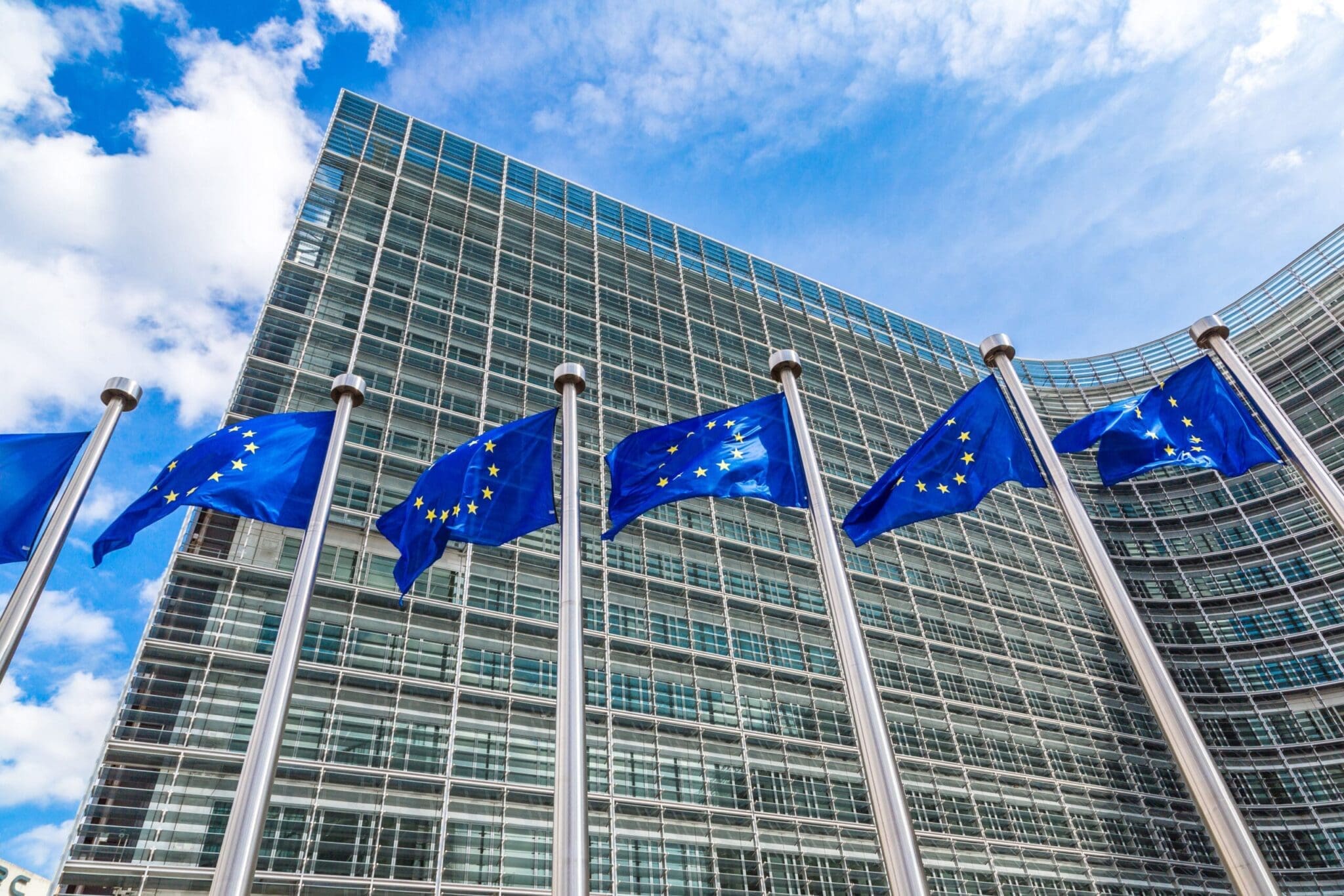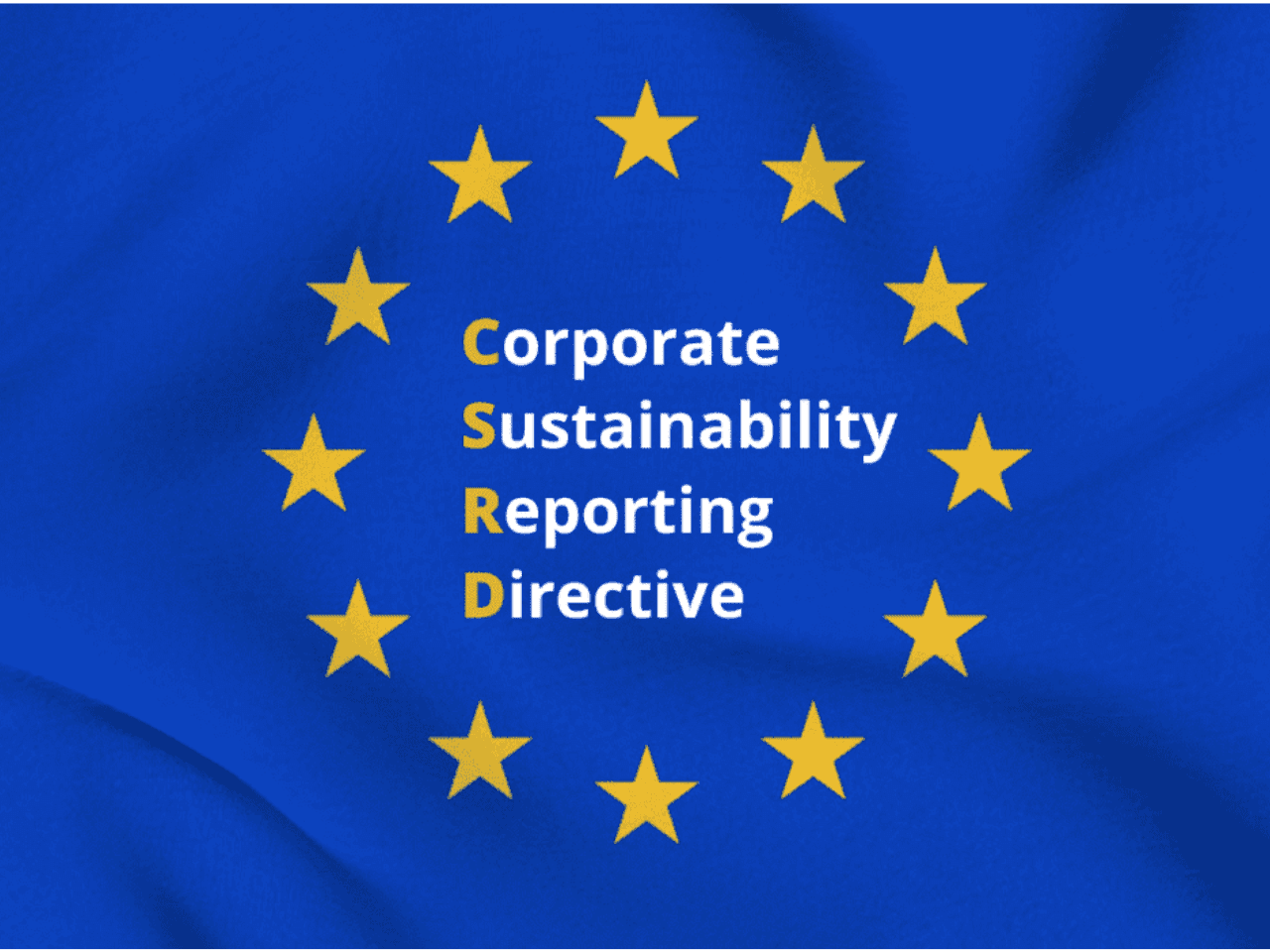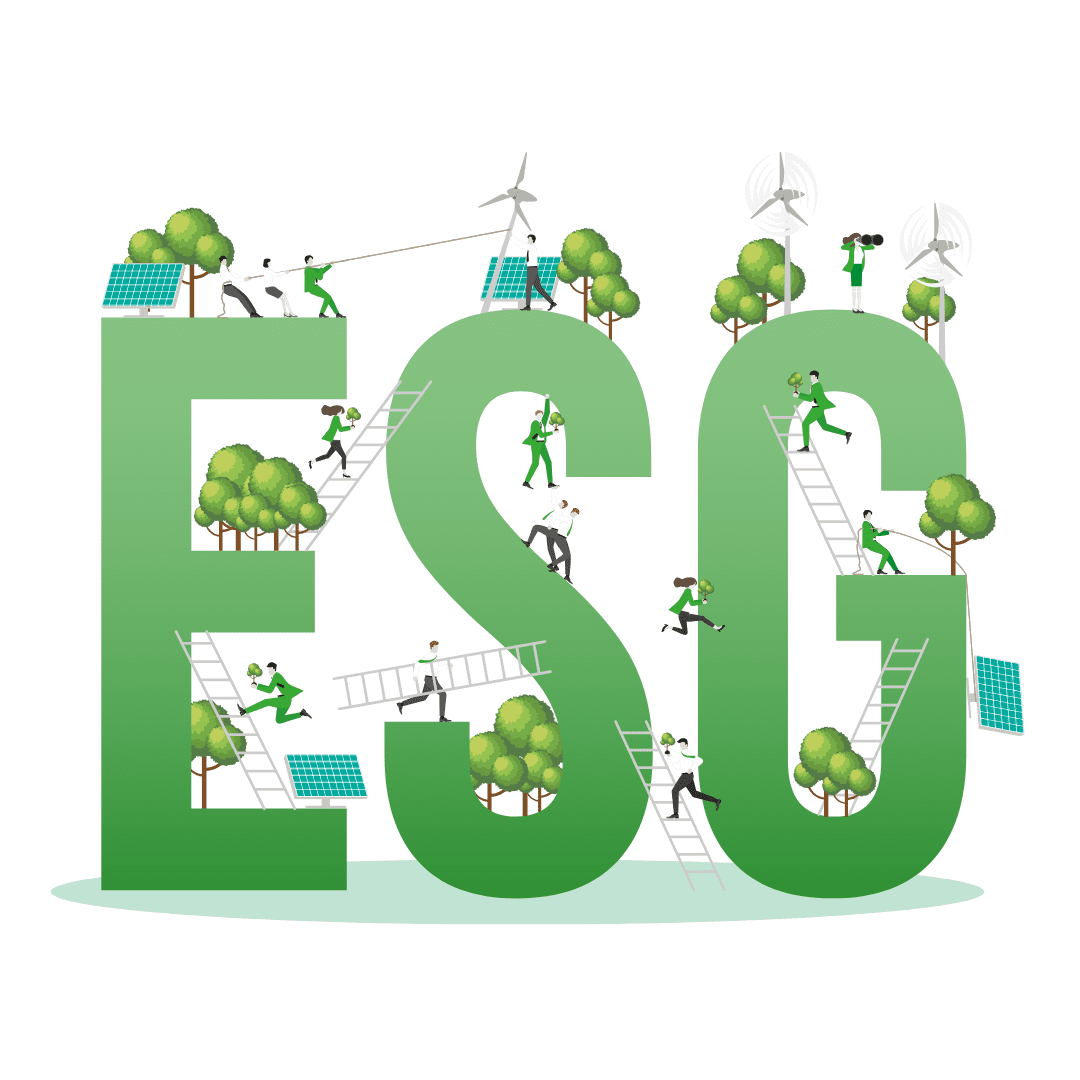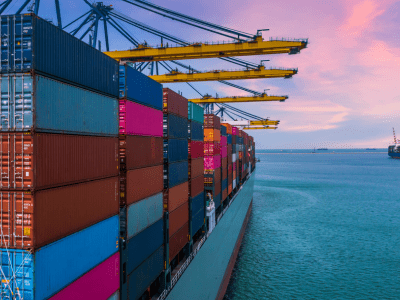The Corporate Sustainability Reporting Directive (CSRD) includes significant supply chain-related requirements, especially through the lens of double materiality and value chain transparency. Here’s a summary of what’s expected:
1. Value Chain Reporting
Under CSRD, companies must report not only on their own operations but also on material impacts, risks, and opportunities across their value chains—both upstream (e.g. suppliers) and downstream (e.g. product use/disposal).
-
Includes environmental, social, and governance (ESG) topics across direct and indirect suppliers.
-
Companies must identify where impacts or risks occur in the supply chain—even if outside the EU.
Learn about Achilles Supply Chain Due Diligence services for CSRD compliance.
2. Scope 3 Emissions
-
Mandatory disclosure of Scope 3 greenhouse gas emissions (indirect emissions in the value chain), where material.
-
This often represents the majority of a company’s carbon footprint, especially in manufacturing, retail, and services reliant on third-party logistics or suppliers.
Learn about Achilles Carbon Accounting solutions for CSRD compliance.
3. Due Diligence Processes
-
Companies must disclose their policies and procedures for identifying, assessing, preventing, and mitigating ESG risks across the supply chain.
-
This directly overlaps with upcoming CSDDD obligations (Corporate Sustainability Due Diligence Directive).
Learn about Achilles Supply Chain Due Diligence services for CSRD compliance.
4. Human Rights & Labour Practices
-
Disclosure of social and human rights impacts must include supply chain labor conditions, wages, working hours, child labor, forced labor, freedom of association, and more.
-
Required for material issues affecting workers in supply chains—not just direct employees.
Learn about Achilles Supply Chain Due Diligence services for CSRD compliance including ethical business audit services.
5. Supplier Engagement & Governance
-
Companies must report on how they monitor, engage, and influence suppliers to meet sustainability standards.
-
Includes integration of ESG criteria into procurement policies, codes of conduct, audits, and corrective action plans.
Achilles is independently recognised by Verdantix as being the world-leader in supplier engagement.
6. Reporting Standards: ESRS
All CSRD reports must follow European Sustainability Reporting Standards (ESRS). Relevant supply chain-related disclosures are embedded across:
-
ESRS E1 – Climate change (Scope 3 emissions, supply chain transition planning)
-
ESRS S2 – Workers in the value chain (social impacts and due diligence)
-
ESRS G1 – Governance, risk management, and supplier policies
PWC’s 2024 Global CSRD Survey found that data availability and value chain complexity are seen as the biggest challenges to CSRD reporting. Achilles specialises in supporting businesses to collect, verify and analyse and disclose – not only direct environmental and social impacts, but also those across supply chains. For help and guidance book a no obligation meeting with an Achilles Consultant.










